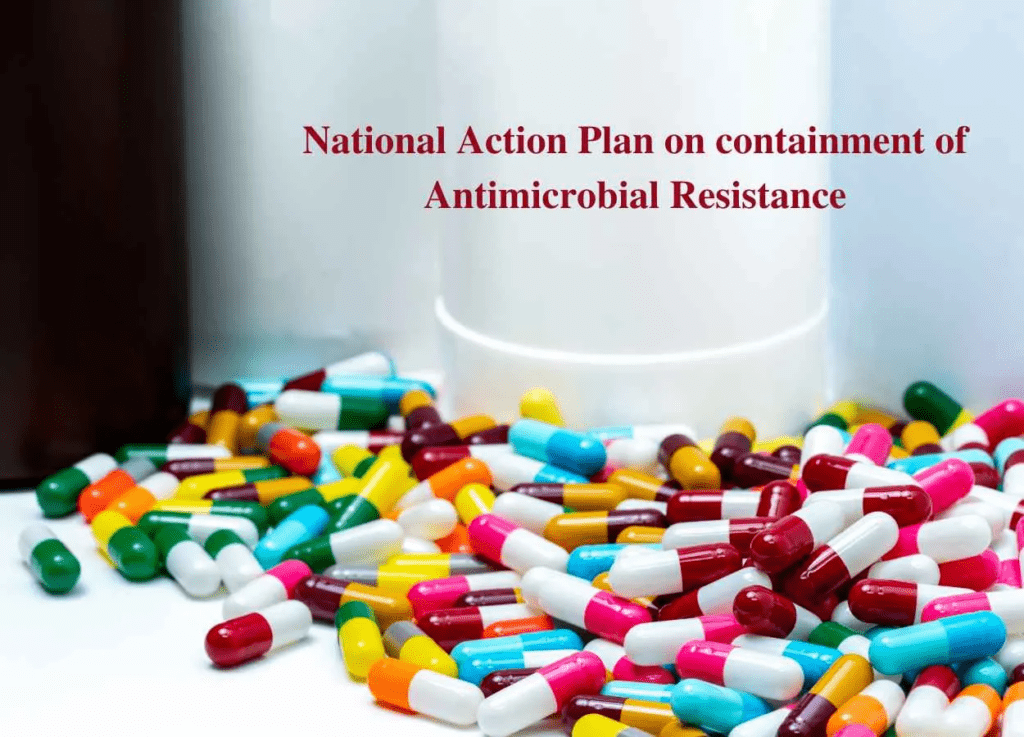The Hindu Editorial Analysis
22 November 2025
Overcoming resistance
(Source – The Hindu, International Edition – Page No. – 8)
Topic : GS 2: Issues relating to development and management of Social Sector/Services relating to Health
Context
Version 2 of the National Action Plan on Antimicrobial Resistance demands renewed commitment

Introduction
India’s renewed focus on antimicrobial resistance through a second National Action Plan reflects growing urgency. With rising drug-resistant infections, widespread antibiotic misuse, and AMR infiltrating human, animal, and environmental sectors, the country needs a stronger, coordinated One Health response. The new policy aims to correct earlier implementation gaps and confront a rapidly escalating public-health threat.
Background and Context
- The rollout of the second National Action Plan on AMR signals that the first plan saw only limited progress and slow implementation.
- The Centre’s move to introduce a new version aims to address India’s growing and complex AMR burden, though full policy details are not yet public.
- WHO’s 2023 surveillance report showed that one in three infections in India resisted common antibiotics, compared to one in six globally.
- India’s high infectious disease load, misuse of antibiotics, and weak surveillance systems intensify its vulnerability.
- Critical pathogens such as E.coli and Klebsiella pneumoniae now show resistance to last-line antibiotics.
- AMR also affects animals, soil, water, agriculture, and aquaculture, underscoring the need for a One Healthapproach integrating human, animal, and environmental health.
Challenges and Policy Gaps
- India urgently needs stronger antibiotic stewardship to counter rising resistance across communities.
- While the first action plan boosted AMR awareness and expanded laboratory networks, its implementation was uneven and weak.
- Positive steps included banning Colistin as a growth promoter in animal husbandry, but broader outcomes suffered due to poor Centre–State collaboration.
- Only a few States drafted AMR plans, and Kerala stands out for successful implementation with a slight drop in community-level resistance.
Future Priorities for the New Policy
- The updated plan must address overuse and misuse of antibiotics across all sectors.
- Strengthening the One Health framework is essential to manage AMR’s cross-sectoral spread.
- The Centre must ensure robust coordination with States for effective implementation.
- This policy version needs to be action-oriented, comprehensive, and capable of delivering real progress against antimicrobial resistance.
Conclusion
For the new AMR policy to succeed, India must reinforce antibiotic stewardship, strengthen Centre–State coordination, and expand the One Health framework. Meaningful progress requires strict control of antibiotic misuse, robust surveillance, and long-term commitment. Only a decisive, well-executed strategy can curb escalating antimicrobial resistance and protect the nation’s health systems.


